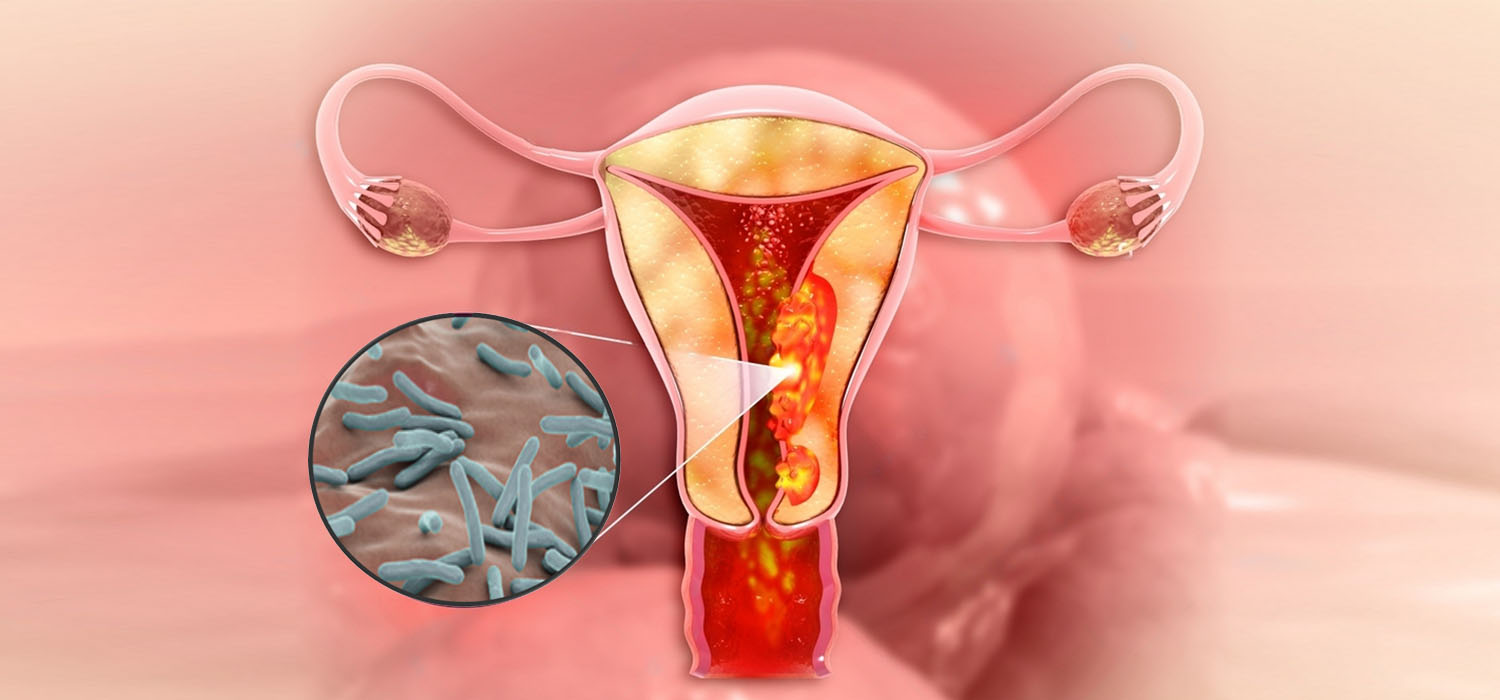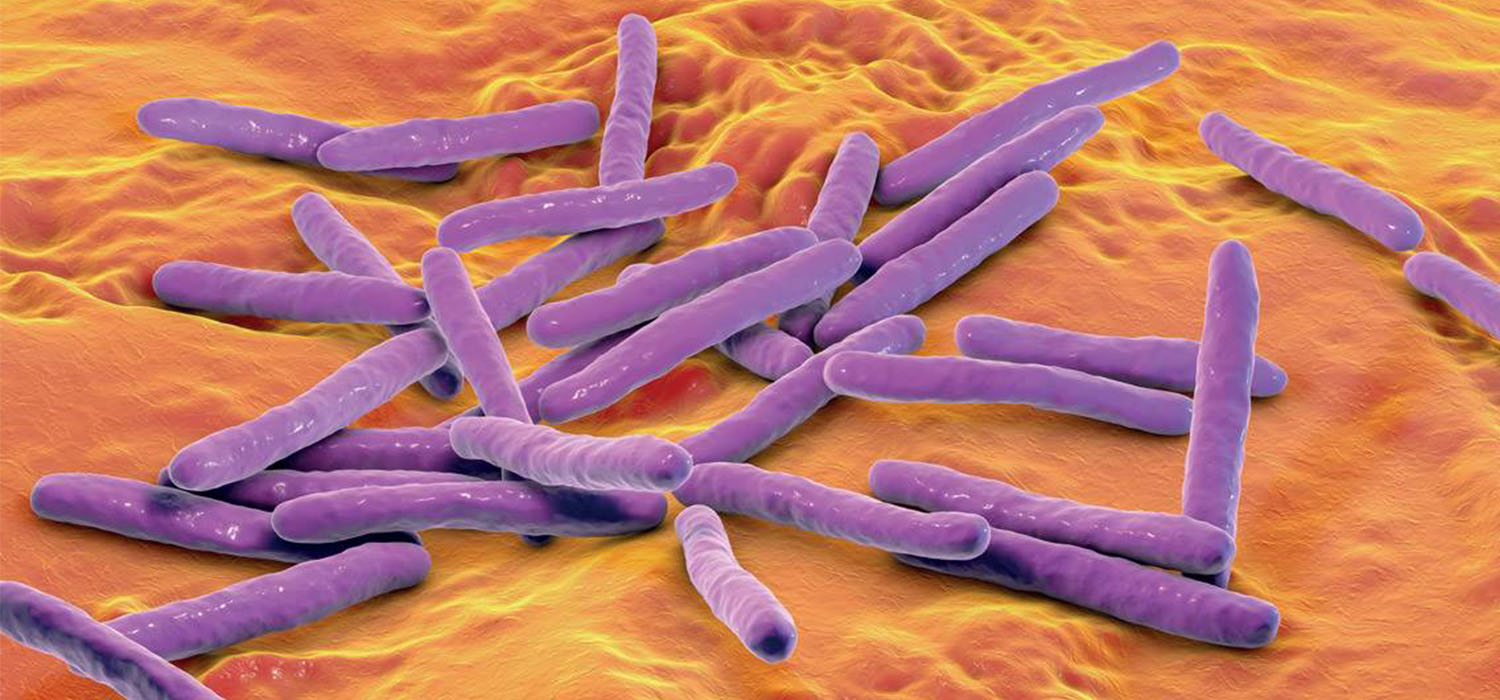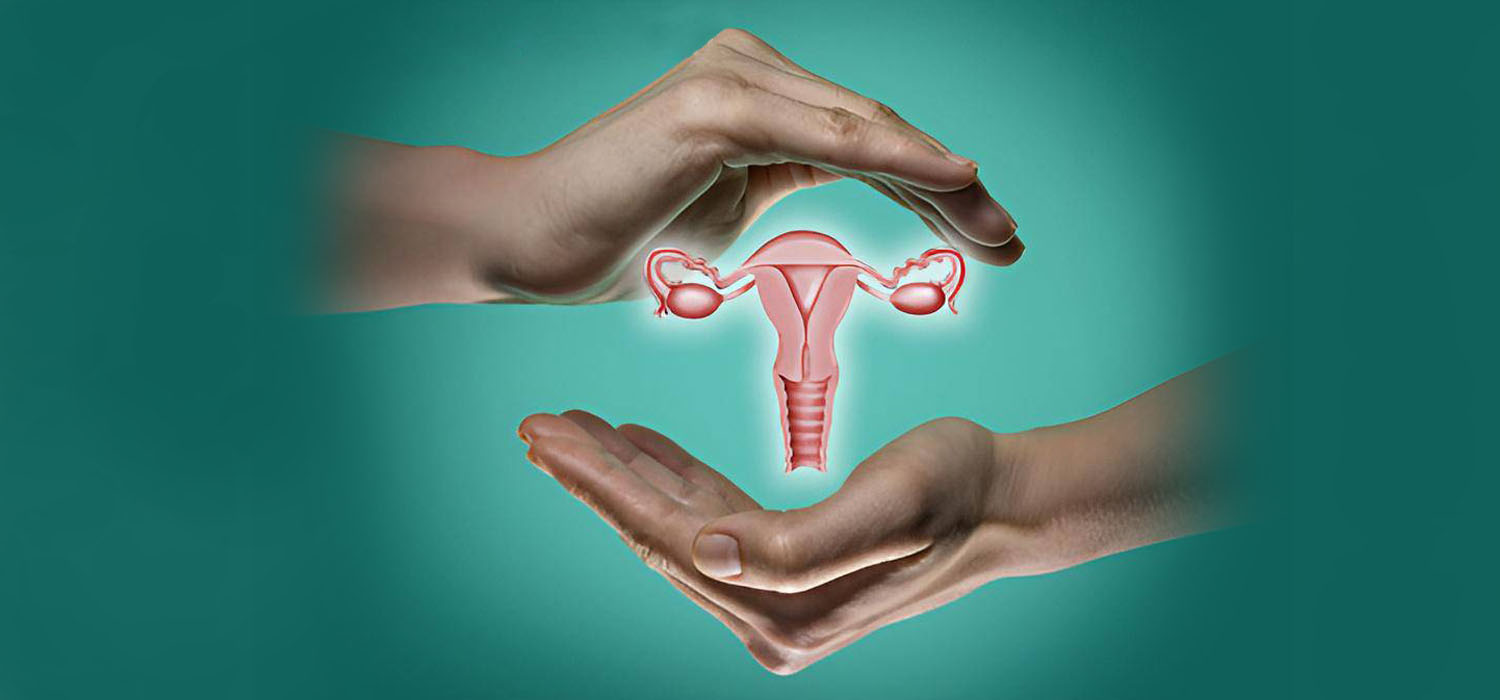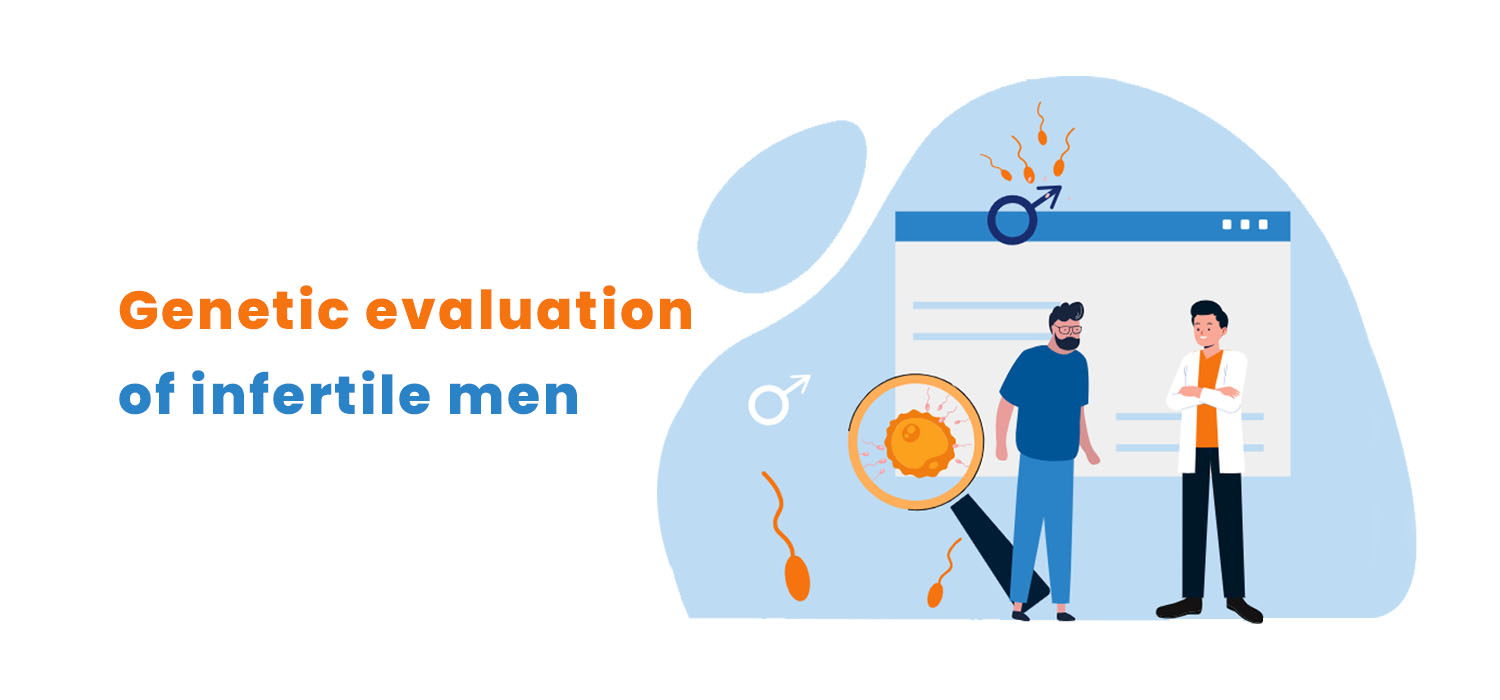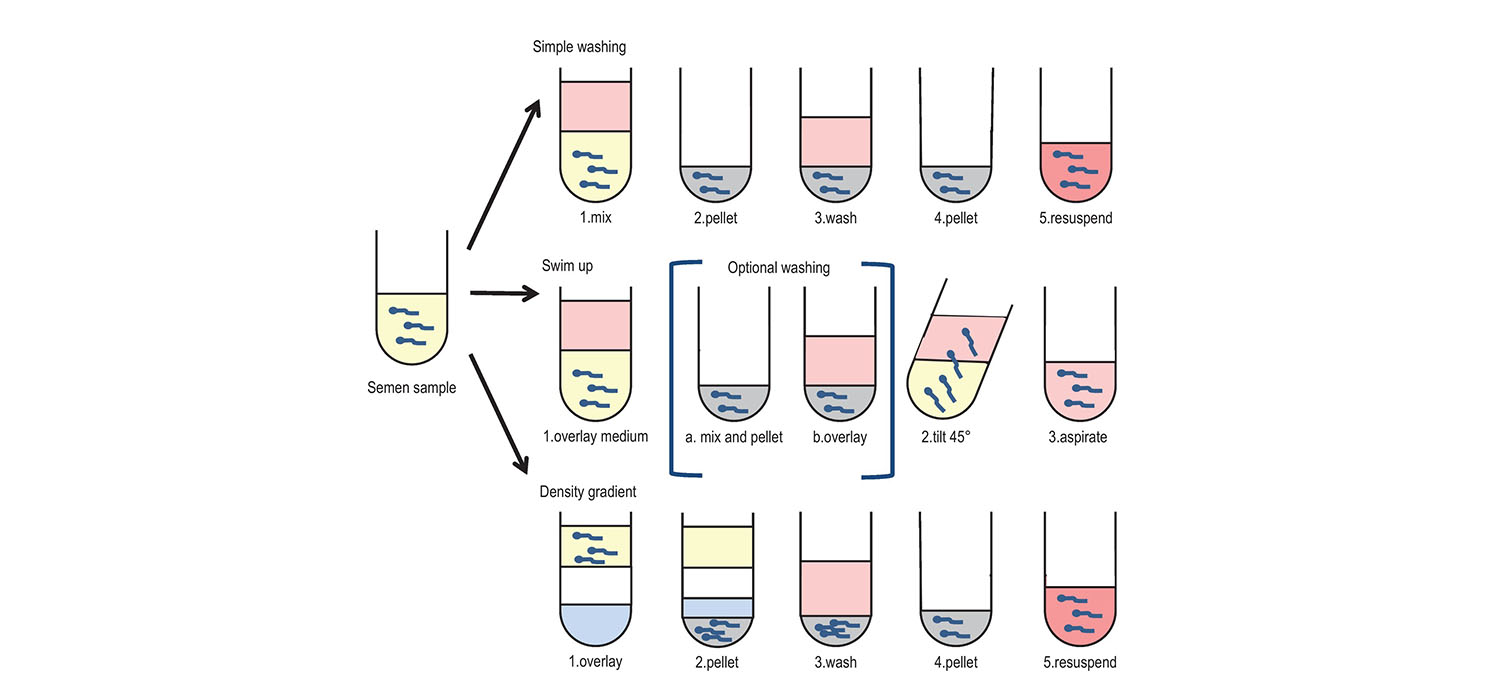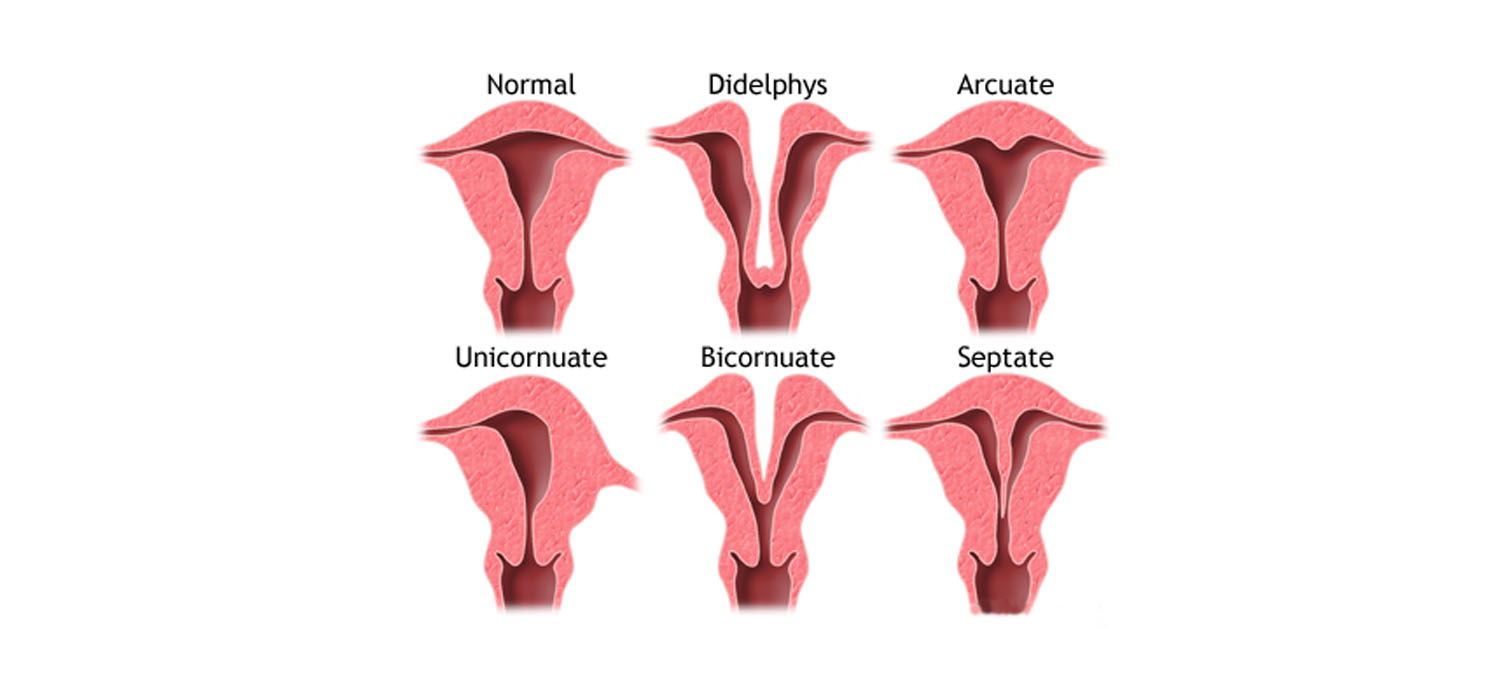Surrogacy in India - Procedural aspects
As per New Surrogacy (Regulation) Amendment Rules, 2023, New Delhi, Gazette published on 14th March, 2023 Couple undergoing Surrogacy must have both gamete from the intending couple & donor gametes is not allowed...
Read MoreSurrogacy in Assisted Reproductive Technology
According to ART Bill 2014, Surrogacy is an arrangement in which a woman agrees to a pregnancy, achieved through assisted reproductive technology, in which neither of the gametes belongs to her or her husband; and it is done with the intention to carry and handover the resulting child to the commissioning couple...
Read MoreFemale Genital Tuberculosis and Infertility
In developing countries, morbidity and mortality because of tuberculosis is high. Mycobacterium tuberculosis primarily affects the lungs; however, genital tuberculosis is seen in a substantial number of men and women...
Read MoreMale Genital Tuberculosis and Infertility
Tuberculosis (TB) is caused by Mycobacterium tuberculosis. The bacterium spreads through droplets when an infected person sneezes, coughs, etc. It primarily affects the lungs; however, it can spread to many other organs including male and female genitalia through blood, lymphatic drainage, or direct spread...
Read MoreFertility preservation in women-an Overview
Fertility preservation is a means for preserving an individual's ability to reproduce at will or at a chosen time. The reasons why preserving fertility can be offered as a safe option in current times are..
Read MoreObesity and Infertility: Causes, Effects, and Solutions | Comprehensive Guide
Obesity has become a global health problem affecting nearly one third of world population, because of the changes in lifestyle and environment. According to WHO, the issue has evolved into an epidemic extent with over four million people dying because of complications of obesity...
Read MoreGenetic evaluation of infertile men
There are over 200 genetic conditions associated with male in fertility. Aneuploidies, structural chromosomal abnormalities, autosomal gene mutation, polymorphism, X linked and mitochondrial DNA defects and epigenetic errors are the various ways genes can affect fertility of men...
Read MoreOverview of the Semen Preparation techniques in ART
In the management of infertility, it is imperative to ensure that the spermatozoa selected are of the highest quality in order to optimize or better the results in ART procedures. Morphologically normal, highly motile sperms free from unwanted cells and substances is the goal of semen preparations...
Read MoreUnderstanding Vaginismus: Causes, Symptoms, and Effective Treatments Explained
Vaginismus is a kind of penetration disorder. The term vaginismus is no longer used, instead, as per DSM-5 characterization, the term Genito-Pelvic Pain/Penetration Disorder (GPPPD) is used instead of vaginismus. It is a sudden involuntary contraction/spasm of the muscles of the vaginal wall due to...
Read MoreManagement of congenital Uterine anomalies
The prevalence of congenital uterine anomalies in the general population is about 4.3-6.7%. IN the infertile population, it is reported to be about 3-13% and in patients with recurrent miscarriage, it is reported as 12.6-18.2%...
Read More

